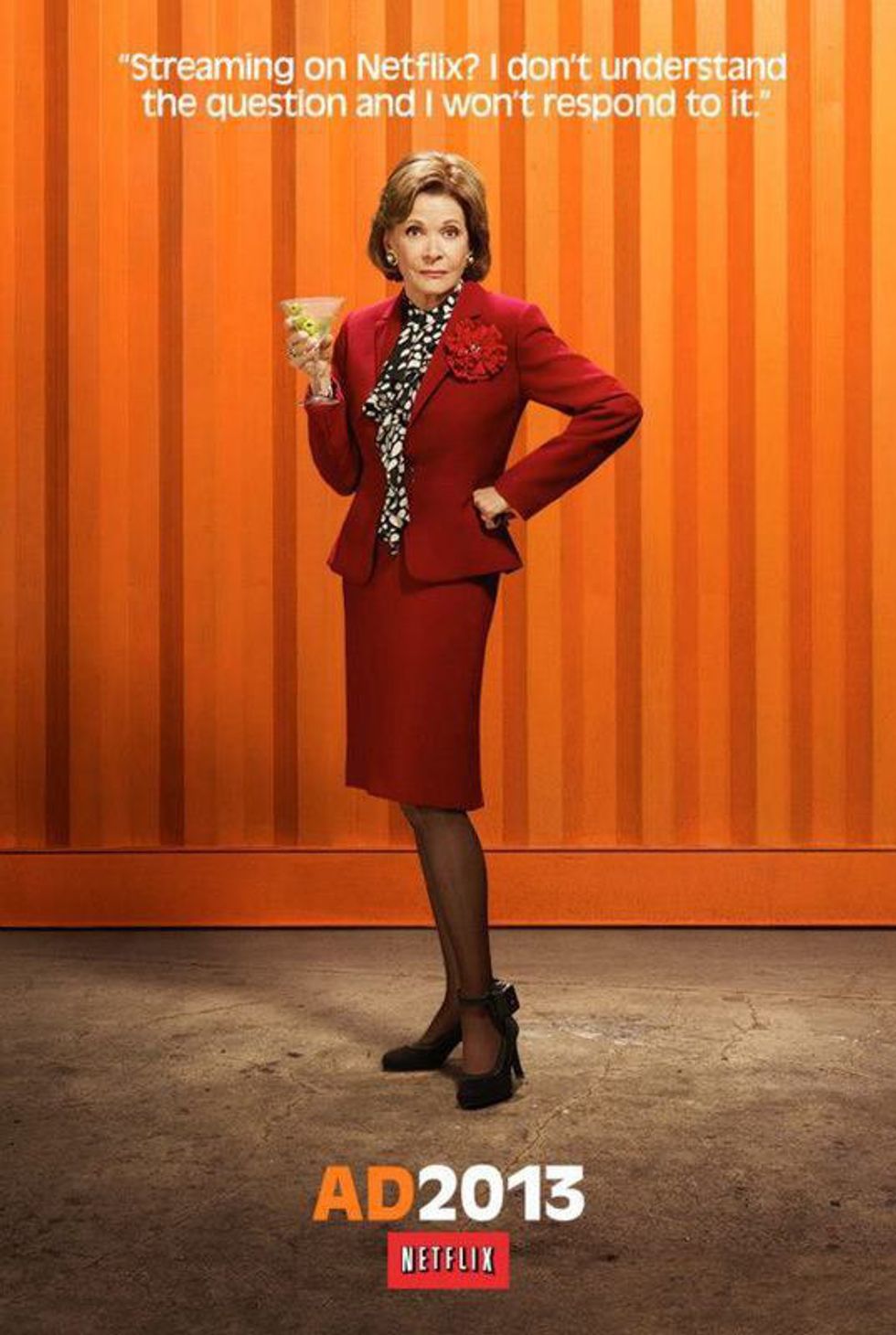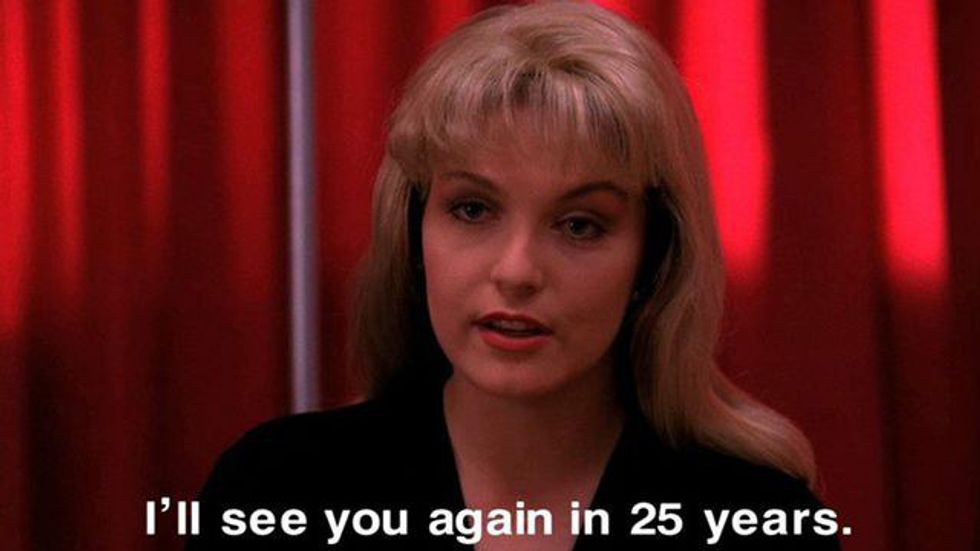In the past few years we have seen many cancelled television shows making a comeback in a big way. While it has been really enjoyable to see programming that ended too soon have the chance to be renewed and new films being made, we are also losing the opportunity to fall in love with new characters and stories.
Online streaming websites such as Netflix and Hulu have saved shows after they were cancelled by major networks and are adding the shows to their rosters of original content. Programming such as The Mindy Project was picked up by Hulu almost immediately after cancellation. However, it's not just newly canceled shows that are being given a second chance. Netflix released season four of "Arrested Development" seven years after the final episode aired on Fox.
Whole networks have been launched such as Nickelodeon's The Splat and MTV's recently announced MTV Rewind which air cancelled television programming from the 1990s to early 2000s, which was considered the golden age of programming for both Nickelodeon and MTV. The Splat has been instrumental to finally getting the "Hey Arnold: The Jungle Movie," which had been a previously abandoned project, into production and has a 2017 release date for Nickelodeon.
One advantage with the popularity of reboots in Hollywood has been witnessing shows that ended abruptly getting the chance to provide closure to their fans. David Lynch's cult classic "Twin Peaks" has been renewed as a limited release on Showtime in 2017, 25 years after the show last aired. "Twin Peaks" is not planned to be an ongoing project of the network past the plans for season three. I like the idea of this style of reboot because it's just enough nostalgia to bring back the older fans and end the series with a proper finale episode.
While some rebooted television shows have been very successful, many others have not. When formerly popular television shows announce a remake, they gather large amounts of press coverage and internet buzz. Despite getting the kind of publicity most new shows could only dream of, other factors determine the success or failure of a reboot. Some shows replace entire casts with new actors for the roles. While this is helpful for studios that may have trouble affording actors that have gone on to larger fame, new casts don't have the same chemistry with audiences. Shows can also take on a different tone if the writers have changed dramatically since the original run of the show. Television reboots also face the challenge of keeping ratings up. Many rebooted television shows don't survive past their first season.
At the end of the day, major networks revive cancelled television programming in the hopes of large early ratings and to launch a show that already has a large fan base. While it is exciting to see a show I loved in the past make a return, some revivals have been cringe-worthy. Maybe sometimes it's best for a show to end gracefully instead of being revived and ultimately disappointing fans. I would rather see television networks creating new shows instead of relying on old content just to gain profits. Who knows what kind of exciting new television we might be missing out on because we're so fixated on shows we loved as kids.
Lightning rarely strikes twice in the same place, but that doesn't stop Hollywood from trying.






















